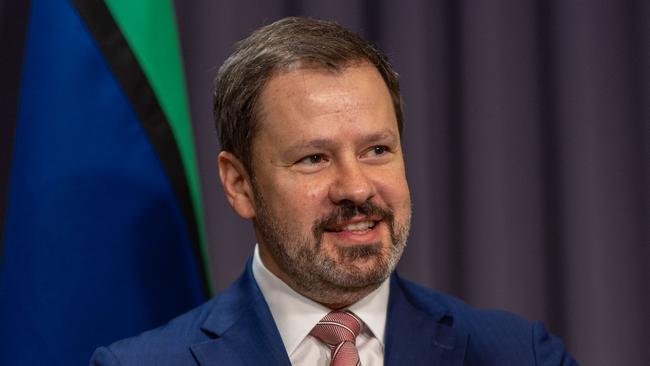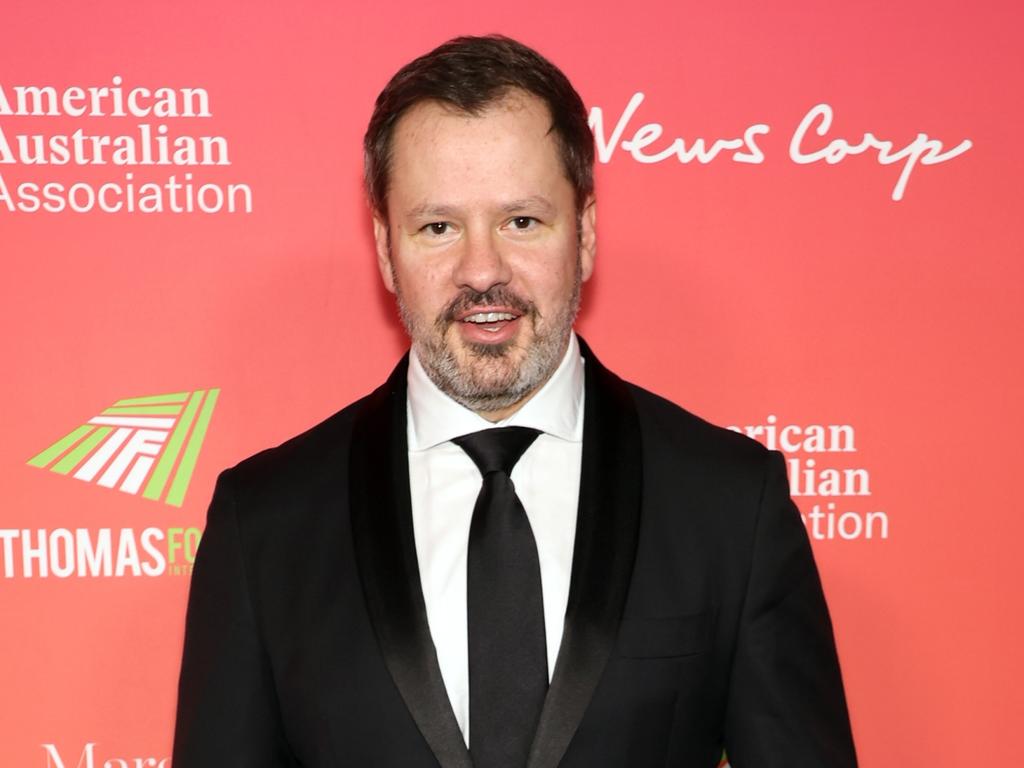Quantum of urgency for ‘big leap forward’
Australian governments, superannuation funds and universities will accelerate investment in domestic research and commercialisation of quantum technologies.

Australian governments, superannuation funds and universities will accelerate investment in domestic research and commercialisation of quantum technologies, underpinning the most significant transformation in global history of economies, defence capabilities, computing, health advancements and cyber security.
Industry Minister Ed Husic, who will release the first national quantum strategy on Wednesday ahead of funding announcements in next week’s budget, warned that Australia can’t afford to be “left behind in a post-quantum world” amid unprecedented geostrategic competition between China and the US.
Ahead of the Quad leaders’ meeting in Sydney later this month and urging from AUKUS partners for Australia to turbocharge its quantum industry, Mr Husic said “We do not have the luxury of sticking our heads in the sand – we have got to be ready”.
Rapid advancements in quantum tech have sparked increased collaboration between Western nations seeking to avoid Chinese dominance in technologies that could break the most complex cyber security encryptions and deem traditional military hardware redundant.
Quantum tech will lead major advancements in the health research sector, including cancer treatment and drug discoveries, modernise energy grids and communications networks, locate vast swaths of underground mineral deposits, process data at faster speeds and make global banking more efficient.
LandTEM, a technology developed by CSIRO that uses quantum sensors to detect magnetic fields that are 100 millionth of the size of earth’s magnetic fields, has been used to discover more than $10bn of global ore deposits, including $4bn of ore in Australia.
The seven-year strategy, which will be updated as quantum advancements emerge, features 13 actions including building the world’s first “error-corrected quantum computer” in Australia, helping establish global standards-setting bodies and considering the ethical application of quantum tech.
The report calls for an audit of capability gaps across quantum-related infrastructure, retaining the best and brightest talent, incentivising quantum investment, and using a $1bn critical technologies sub-fund under the $15bn National Reconstruction Fund.
The quantum strategy and national robotics strategy, to be released in coming months, will guide investment decisions made by the NRF when it commences on July 1. Commercialising quantum technologies by 2030 is projected to create a $2.2bn industry supporting 8700 jobs.
Despite generational investment in quantum science tracing back to the late 1950s, Mr Husic said Australia had failed to seize on advancements and must urgently put in place infrastructure, training pathways, investment incentives and international partnerships to avoid “mistakes of the past … The historical parallels are really frustrating because we were among the first half a dozen countries in the world to develop a digital computer in the 1950s and then we just let it all go,” he told The Australian.
Some 30 years after Australian universities led the world in offering postgraduate quantum physics qualifications, Mr Husic said “we are going to need a whole new workforce”.
“Quantum computing will kick sand in the face of the 90-pound weakling that is classic computing. It’s just completely different. Relating classic computing to quantum is like comparing the abacus to a classic computer. The leap is that big, if not more.”
With more than 20 world-leading quantum companies operating in Australia, Mr Husic said there was a “global race to create our own fault-tolerant computer” to protect against encryption codes being cracked within minutes or hours instead of years.








To join the conversation, please log in. Don't have an account? Register
Join the conversation, you are commenting as Logout